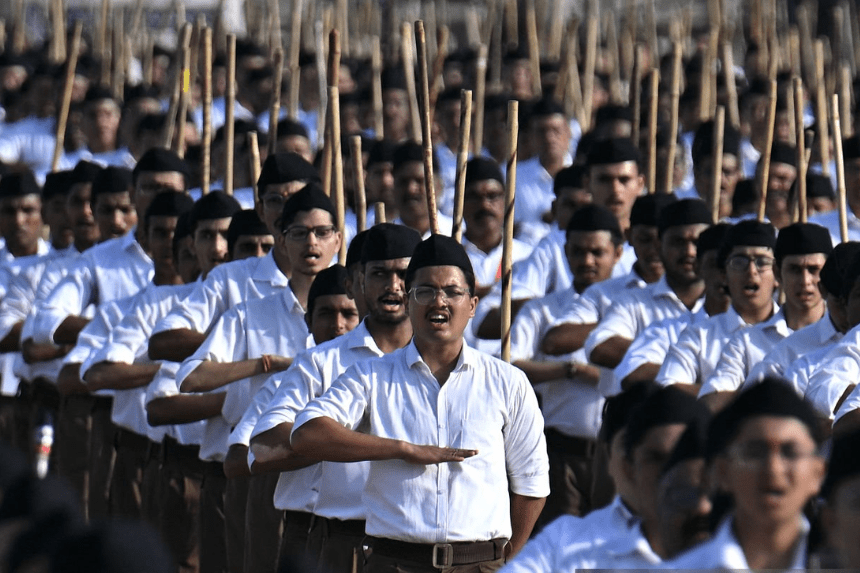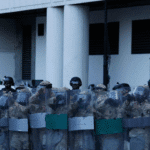The Rashtriya Swayamsevak Sangh (RSS), a prominent Hindu nationalist group in India, recently commemorated its 100‑year anniversary in Nagpur, Maharashtra. Thousands of members gathered as the organization’s leader addressed topics like regional disputes, climate change, and economic inequalities across South Asia. He emphasized interdependence among nations and underscored India’s emphasis on self-reliance amid global trade pressures.
What Role Does the RSS Play Today?
Although the RSS claims to be apolitical, its influence in Indian public life remains significant. The organization is closely linked ideologically to the ruling Bharatiya Janata Party (BJP). Many current and former politicians began as RSS volunteers. The RSS operates schools, relief initiatives, and disaster response programs, making it more than just a political actor in many communities. Here is the link to our article on DC Crime Deployment.
How Does the RSS Manage Membership and Structure?
The RSS is exclusively male, but it does have affiliated women’s bodies. During the centenary event, members stood in disciplined formation wearing uniform khaki trousers and caps. While organizers say they do not maintain exact membership records, observers describe the RSS as a highly decentralized network. This structure allows it to morph into various public, political, and charitable roles across the country.
Has the RSS Faced Criticism?
Yes. Critics accuse the RSS of promoting exclusionary views and denying space to minority communities. They point to episodes like the Babri Masjid demolition in 1992 as examples of how ideology translated to violence. Supporters counter that those events had many actors beyond the RSS itself. Still, the centenary raised renewed debate over how the RSS balances civic engagement with ideological goals. Here is the link to our article on National Holiday Reduction.
What Message Was Delivered During the Celebration?
The RSS leadership called for unity among India’s diverse communities. He asserted that despite multiple identities, Indians remain part of a larger cultural framework. He also spoke of the need to resist polarization and hatred. With India’s contested political climate, these themes resonated widely among supporters and opponents alike.
Final Thoughts
At its 100‑year milestone, the RSS has spotlighted Hindu nationalism as its defining ideology. The event reinforced the group’s dual identity: a grassroots social network and an ideological force in Indian politics. Whether its latest outreach softens perceptions or intensifies critique, Hindu nationalism will continue to shape India’s political story. Most importantly, the conversation around rights, inclusion, and identity has only grown sharper thanks to this centenary.








